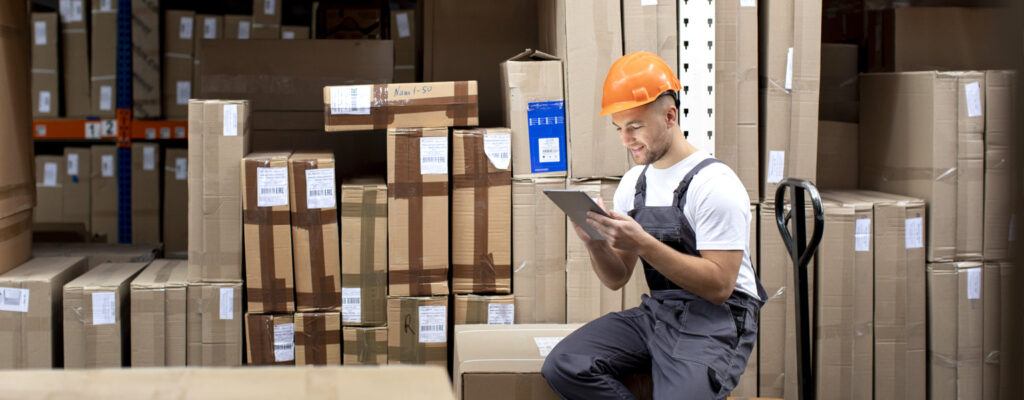
Customs clearance and compliance refer to the process of fulfilling legal requirements and formalities imposed by customs authorities when importing or exporting goods across international borders. It involves adhering to regulations, submitting documentation, and paying duties and taxes to facilitate the movement of goods legally and efficiently. Here are key aspects of customs clearance and compliance:
- Documentation : Submitting accurate and complete documentation is essential for customs clearance. This may include invoices, packing lists, certificates of origin, import/export permits, and other trade-related documents required by customs authorities.
- Tariff Classification : Properly classifying goods according to the Harmonized System (HS) code or customs tariff classification is crucial for determining applicable duties, taxes, and trade restrictions. Each product is assigned a specific code based on its characteristics, composition, and intended use.
- Valuation : Declaring the correct value of goods for customs purposes is essential for determining customs duties and taxes. The customs value is typically based on the transaction value (the price paid or payable for the goods) adjusted for certain costs such as transportation and insurance.
- Origin of Goods : Providing accurate information about the origin of goods is necessary for determining eligibility for preferential trade agreements, duty exemptions, or reduced tariff rates. Certificates of origin or other documentary evidence may be required to prove the origin of goods.
-
Customs Duties and Taxes : Paying applicable customs duties, taxes, and fees is necessary for the release of goods from customs custody. These may include import duties, value-added tax (VAT), excise duties, customs processing fees, and other charges levied by customs authorities.
- Customs Declarations : Submitting customs declarations accurately and on time is a legal requirement for importing or exporting goods. Customs declarations provide detailed information about the goods being imported or exported, including their description, quantity, value, and origin.
- Regulatory Compliance : Ensuring compliance with import/export regulations, trade agreements, and customs laws is essential for avoiding penalties, fines, or delays in customs clearance. This includes complying with product safety standards, labeling requirements, trade sanctions, and export controls.
- Customs Brokerage : Utilizing the services of customs brokers or freight forwarders can help facilitate customs clearance by navigating complex regulations, preparing documentation, and liaising with customs authorities on behalf of importers and exporters.
By understanding and adhering to customs clearance and compliance requirements, businesses can facilitate the smooth movement of goods across borders, minimize the risk of delays or penalties and maintain compliance with applicable laws and regulations.
Customs and compliance refer to the regulations, procedures, and standards that govern the import and export of goods across international borders. Customs involves the government authorities responsible for enforcing these regulations, including customs duties, tariffs, and import/export restrictions. Compliance, on the other hand, refers to the adherence to these regulations by businesses and individuals engaged in cross-border trade. It encompasses ensuring that all necessary documentation, declarations, and certifications are accurately completed and submitted in accordance with applicable laws and regulations to facilitate smooth and lawful trade operations.
The customs clearance process is the procedure by which government authorities inspect and approve the import or export of goods crossing international borders. It involves verifying the compliance of shipments with applicable laws and regulations, assessing customs duties and taxes, and granting permission for the goods to enter or leave the country. The process typically includes submitting relevant documentation, such as commercial invoices, packing lists, and import/export permits, to customs authorities, who then inspect the goods, assess their value and classification, and determine if any duties or taxes are owed before granting clearance for the goods to proceed.
Contact us at the Consulting WP office nearest to you or submit a business inquiry online.
Consulting WP really helped us achieve our financial goals. The slick presentation along with fantastic readability ensures that our financial standing is stable.


